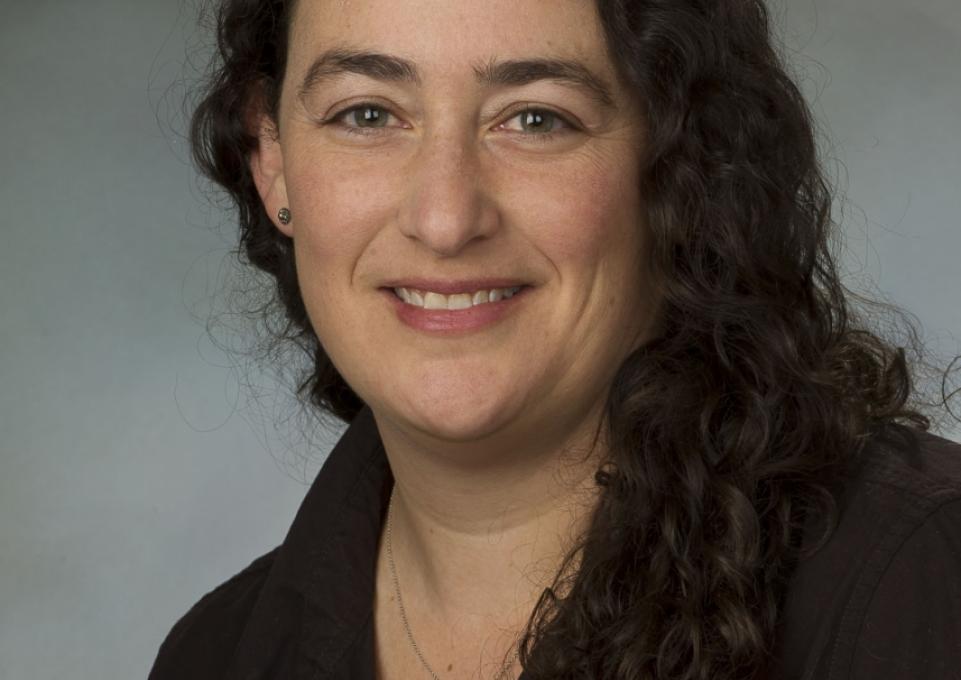
Andrea Locke has been hired as coordinator of the Partnership for Regional Invasive Species Management (PRISM) office of Western New York, which is being administered through the Great Lakes Center at Buffalo State. Christopher Pennuto, research scientist with the Great Lakes Center and professor of biology, is the project’s director. The center received a five-year $1.1 million grant from the New York State Department of Environmental Conservation to establish the regional center.
"Buffalo is an exciting place to be right now," said Locke. “Even in the Midwest, you hear about the renaissance taking place here. I’m glad to be in a place where people are excited and enthusiastic about the possibilities."
Locke brings 12 years of experience in ecology, conservation, stewardship, program development, and non-profit management to the position. She has extensive experience developing innovative methods for managing invasive species and increasing resistance to further invasion.
"We are very pleased that Andrea will be heading the PRISM office at Buffalo State," said Alexander Karatayev, director of the Great Lakes Center. "She has a great deal of experience working with different groups of stakeholders as well as a commitment to controlling the spread of invasive species."
Previously, Locke worked for The Nature Conservancy in Indiana where she employed methods including prescribed burning and planting design in the Kankakee Sands Prairie Restoration project. The project seeks to restore native ecosystems including the sand prairie and the black oak savanna. She did similar work restoring native woodlands, savannas, and prairies in Minnesota, Wisconsin, and Iowa. She has also worked with landowners, not-for-profits, and government agencies to identify resources and coordinate efforts to promote land stewardship.
"In my work, I've seen the impact of invasive species on native species, and how that can in turn affect economics and human health," she said. "Much of my work has been with terrestrial plants, so I'm excited to be working with the Great Lakes Center with its focus on aquatics."
Locke, who started on January 2, 2014, is just getting her feet wet. "Long term, I hope that we can get people involved and excited," she said. "We look forward to getting input from citizen scientists, government agencies, the not-for-profits, private-sector businesses, landscapers, the agricultural community—anybody who goes outside!"
